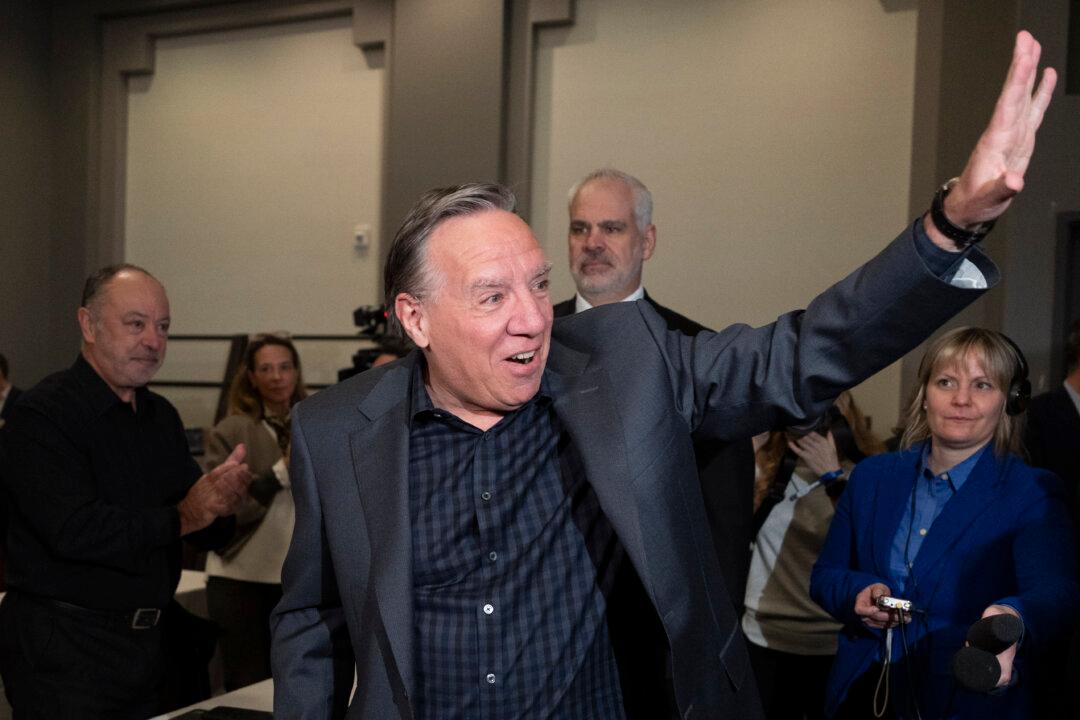Commentary
François Legault became premier of Quebec in 2018. His right-leaning party, Coalition Avenir Québec (CAQ), won 74 of 125 seats in the provincial National Assembly that year, and thanks to Legault’s popularity, his party was rewarded in the 2022 election with an increase in its total seat count to 90. This was one of the largest political majorities in Quebec in decades. He looked nearly invincible at times, too.





